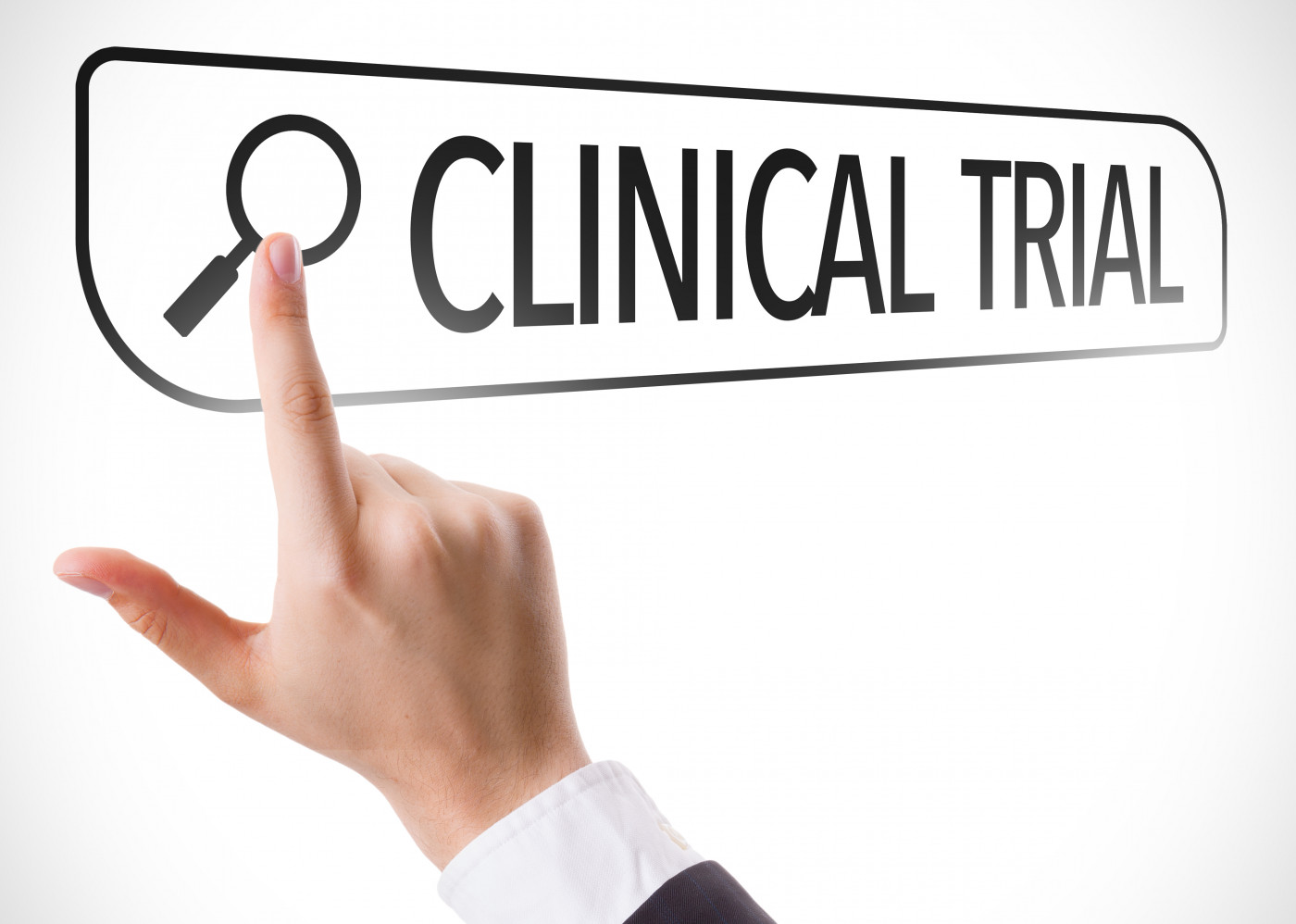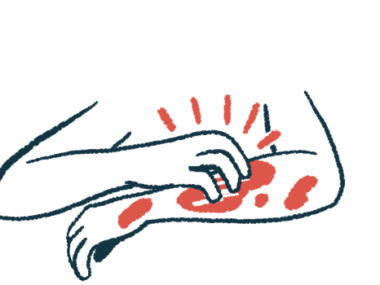First Patient Treated in Phase 3 Trial of EB-101 Cell Therapy for RDEB
Written by |

The first patient has been treated in the VIITAL Phase 3 trial testing EB-101, a gene-corrected cell therapy candidate for people with recessive dystrophic epidermolysis bullosa (RDEB).
Abeona Therapeutics, the company developing EB-101, announced the launch of this trial earlier this year following clearance from the U.S. Food and Drug Administration. Most potential participants have already been pre-screened.
VIITAL (NCT04227106) is a multi-center, randomized study to evaluate the safety and efficacy of EB-101 in up to 15 RDEB patients, with approximately 30 large, chronic wound sites treated in total. VIITAL is currently enrolling participants at Stanford Medicine, with additional clinical sites expected to open over the coming months. More information, including contacts, can be found here.
The study’s primary outcome measure is wound healing, as measured by comparing treated to untreated wounds on the same patient within three months. The goal is to obtain at least 50% healing at 12 weeks compared with baseline (the start of the treatment).
Secondary goals include assessments of patients’ pain, its impact on quality of life, and physical function.
Epidermolysis bullosa refers to a group of rare and inherited skin disorders that make the skin fragile and prone to blistering. RDEB is a type caused by mutations in the COL7A1 gene, which contains instructions for making a key protein for skin integrity called type VII collagen (COL7).
EB-101 is a cell therapy that delivers the healthy COL7A1 gene to a patient’s own skin cells cultured in a lab dish. Then, the cells are transplanted back into the patient via a surgically-implanted keratinocyte sheet placed directly on the wound site.
Abeona’s previous Phase 1/2a clinical trial (NCT01263379) demonstrated that EB-101 treatment led to effective wound healing for up to five years in seven adults with RDEB.
“Treating the first patient in our pivotal Phase 3 VIITAL study is an important achievement for the EB-101 program, now the most advanced gene therapy program in RDEB,” João Siffert, MD, Abeona’s CEO, said in a press release.
“This achievement confirms that Abeona can deliver EB-101 in a study setting that closely parallels its potential real-world application. We remain confident that VIITAL will replicate results from the Phase 1/2 trial demonstrating that EB-101 treatment resulted in sustained and durable wound healing with a favorable safety profile,” he added.





